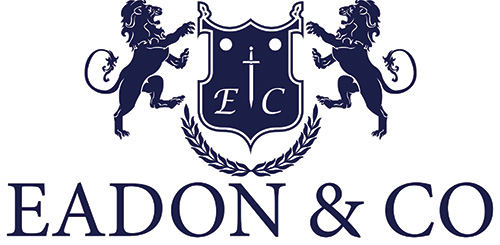Under the current pension rules, UK savers are allowed to take up to 25% of their pension in tax-free cash – known ‘as a Pension Commencement Lump Sum’ (PCLS) – when they reach the age of 55.
This is an appealing option for many as it means you’re able to access a chunk of your cash without any income tax penalties.
But despite the immediate benefits, it won’t always be the best course of action for everyone – and like all financial decisions, it can have unintended drawbacks down the line.
So, could it be right for you? Here’s what you need to know:
Advantages of taking your tax-free cash
You can access funds immediately
You can access up to 25% of your pension pot tax-free, providing you with a potentially significant sum of money in the short term. This is ideal if you’re looking to pay off debts, or have a big purchase planned like a car, wedding or big holiday.
You’re able to take it in stages if you wish
You don’t have to take your funds all at once, so if you’d prefer you can make the tax-free withdrawals as and when you need the money according to your own goals.
You’ll avoid further tax penalties
Receiving the first 25% of your pension without incurring tax gives you access to a large amount of money without increasing your taxable income – which could otherwise push you into a higher tax bracket.
You could potentially retire earlier
Drawing down your tax-free cash can provide a valuable financial cushion during the early years of retirement, so you might be able to retire earlier than you could afford to without it.
Drawbacks of taking your tax-free cash
Your pension pot is reduced
It goes without saying that taking a lump sum inevitably reduces the overall size of your pension pot, which may lead to a lower income in retirement – particularly if you’re relying on your pension as the primary means of funding your lifestyle after you finish work.
You could lessen your long-term security
Withdrawing a large portion of your pension early could affect your long-term financial security, especially if you end up living longer than expected. So, it’s crucial to consider whether a reduced pension pot would be enough to sustain you throughout retirement.
You may lose out on poor investments
If you decide to take your tax-free cash and reinvest it elsewhere, you might vulnerable to poor investment choices, which could mean you get less out of your lump sum that you put in – and once it’s gone, it’s gone.
You forfeit any further compound growth
Once your tax-free cash is withdrawn, it’ll no longer benefit from potential compound growth within your pension. And this could significantly reduce the amount of money available to you later in retirement.
You’re not shielded from inflation
If you don’t invest your tax-free cash wisely, or simply hold it in cash for an extended period, inflation may erode its value over time – reducing your overall purchasing power.
Your eligibility for certain benefits could be impacted
Taking a lump sum may affect your eligibility for certain means-tested government benefits, as the cash could be considered part of your assets and end up pushing you above the threshold.
Things to consider
When considering whether to use your tax-free cash allowance as part of your retirement strategy, it’s crucial to weigh up the short-term benefits against the bigger picture – including your projected income needs, life expectancy, and any other assets at your disposal.
This might seem like a daunting task, particularly if you’ve not given it much thought until now. But don’t worry – we’re here to help.
At Eadon & Co, our team can help you to better understand the implications of these kinds of choices, so you can be safe in the knowledge you’re on track to meet your financial goals.
If you’re unsure about whether taking tax-free cash is the right path for you, get in touch today to arrange a no-obligation consultation with our experts.

